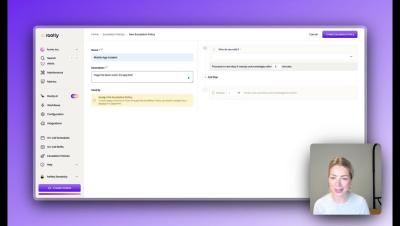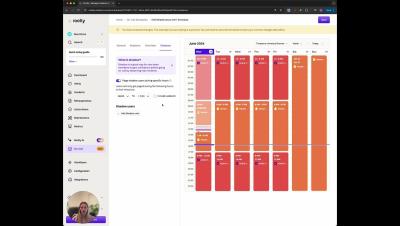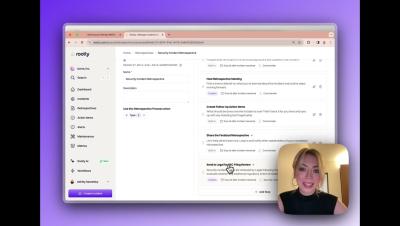The Best SRE Tools To Improve Reliability and Streamline Operations
For better or worse, most companies—including their execs and developers—see SREs as superheroes who’ll save them from the evils of downtime and service degradation with their boundless superpowers. SREs are expected to constantly perform dangerous stunts like production debugging or communicating highly technical issues to angry VPs. They must also be able to manage infrastructure, networks, databases, pipelines, operating systems and much more.








